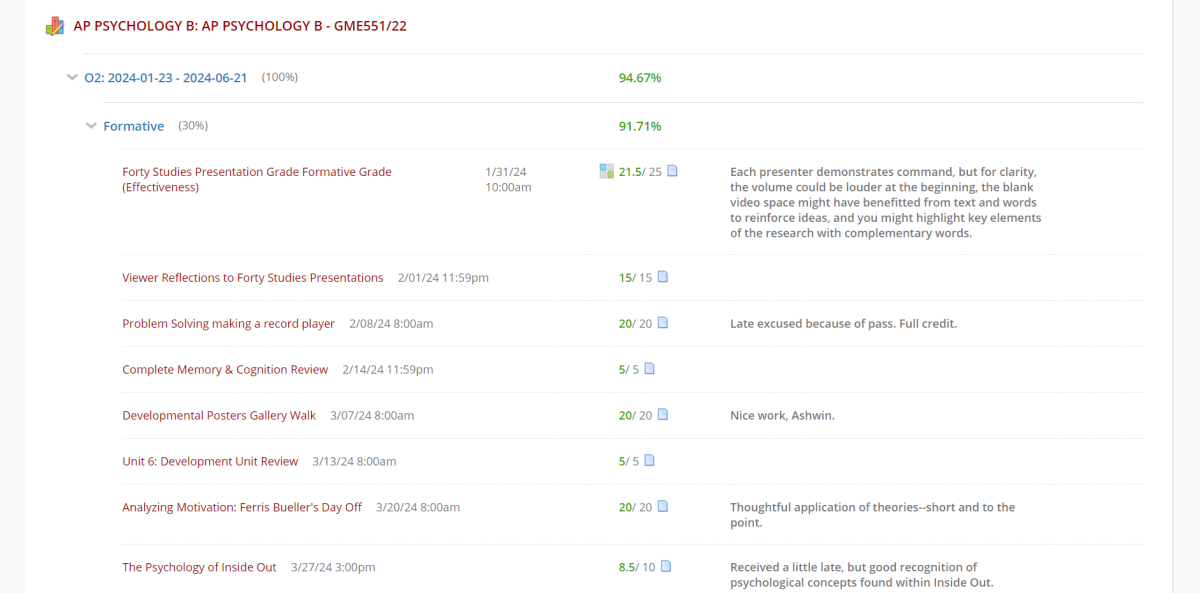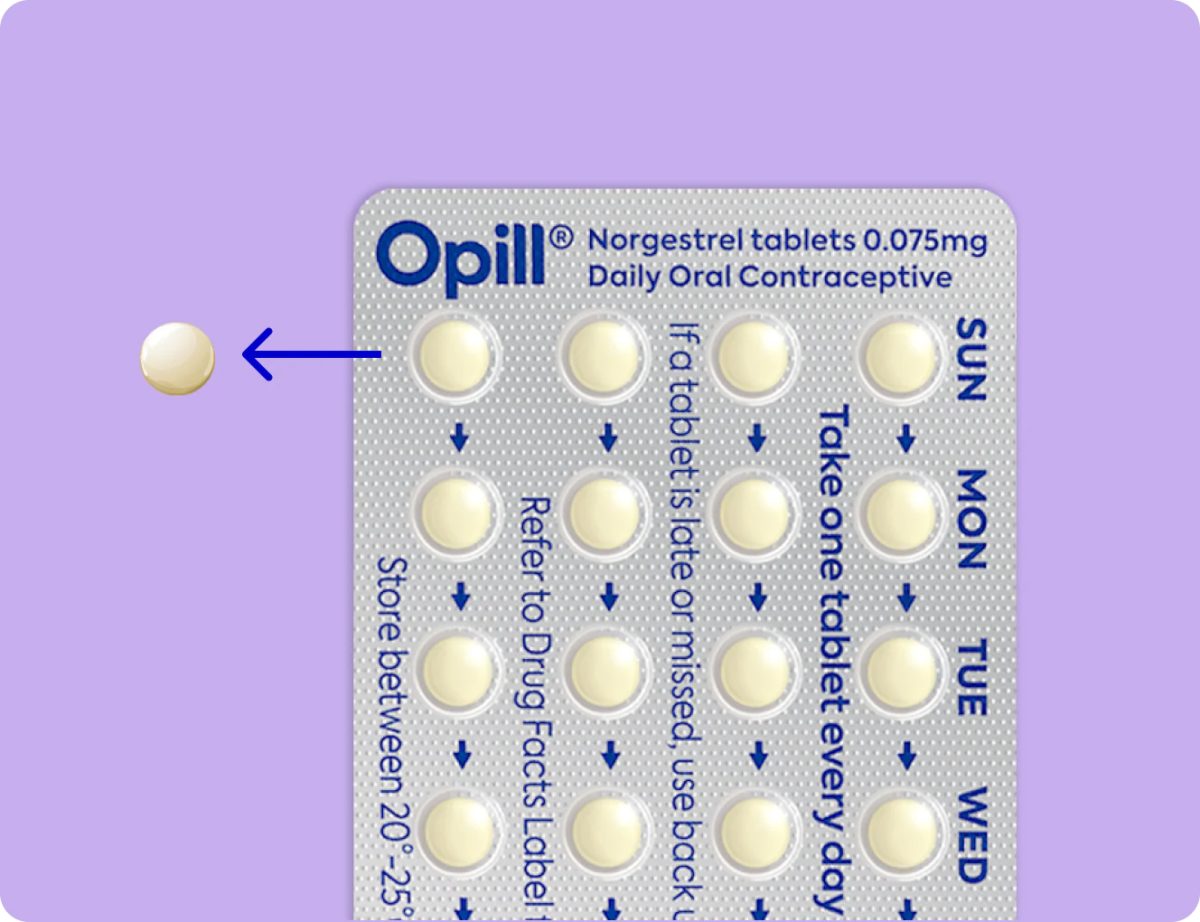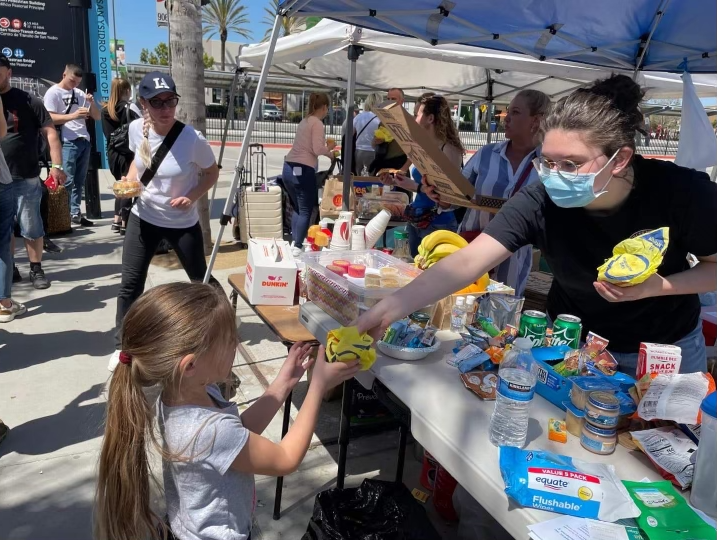Over two years after many offices shut down because of the COVID-19 pandemic, the “new normal” of the workplace is beginning to take shape.
For current MIHS students, the workplace they will enter in a few years will look vastly different from what it has looked like for the majority of their lifetimes. A transformation, accelerated by COVID-19, is taking place. This shift seems to focus on policies more oriented to employee wellbeing and greater flexibility for where, when, and how people work.
Flexible jobs aren’t a new phenomenon. Before the pandemic, many large companies already offered limited remote or otherwise flexible positions.
Founded in 2007, FlexJobs, a website specializing in matching individuals seeking flexible work arrangements with employers, has specialized in such flexible arrangements for well over a decade.
Flexjobs CEO Sara Sutton believes the pandemic created an unprecedented demand for job flexibility which will facilitate an overall shift in the workplace.
“Offering general work flexibility such as compressed workweeks that allow for flexible scheduling arrangements or allowing employees to shift their hours can help employers stand out in a competitive talent market,” Sutton said.
Now employees are in the driver’s seat, and companies will try to utilize employee benefits and flexibility as leverage to attract talent.
According to a recent FlexJobs survey of 4,000 remote workers during the pandemic, 81% of respondents said they would be more loyal to their employer if they had flexible work options, such as remote or hybrid arrangements.
Flexibility is almost as important as salary when it comes to the factors people consider when choosing where to work.
Such a talent-oriented transformation of the workplace could have long-reaching benefits.
“Remote and flexible work arrangements level the playing field for all kinds of professionals, including those parents, largely mothers, who were forced out of the workforce during the pandemic. But also people with health concerns, people who are differently-abled, and people who live in communities without many local employers” Sutton said.
This could have systemic implications for increasing gender and racial equality. Flexible jobs also reduce cyclical poverty in rural communities and help alleviate the financial stress of having or caring for someone with a serious health condition. The societal benefits of more flexible working arrangements indicate that changes are long overdue.
Presently, 43% of women leave the workforce after their second child– but allowing mothers and other caregivers to work flexibly could keep more women in the workforce.
Many organizations are responding to this changing landscape.
For example, The FamTech Collaborative, founded by Anna Steffeney- a mother herself, comprises various CEOs of ventures hoping to collectively pioneer a growing industry of technological solutions for families and working parents.
“If we think about innovation [in the workplace], and know that most likely, flexibility will be required, there opens up a bunch of technology opportunities to manage that flexibility,” Steffeney said.
The opportunities in this sphere are boundless. From shift management technology to family scheduling and childcare software, family technology can streamline the process of being a working parent, hopefully allowing more caregivers to enter the workforce.
Companies are now starting to realize the value of investing in such changes to benefit employee welfare.
“Let’s say I make $100,000 a year. If I leave that company, or if I need services, because of burnout or health issues, it’s going to cost my employer $300,000. That calculation makes the investment in mental health solutions [and] flexible work weeks a no-brainer. Of course, that’s going to pay off” Steffeney said.
UpLevel, a Seattle-based startup, is experimenting with a four-day workweek to analyze whether it would be beneficial to implement permanently.
“We’re much more of a results-oriented workplace… so as long as you can get your work done, it doesn’t really matter the schedule in which you do that” Nick Mamolo, the previous director of sales at UpLevel, said.
UpLevel’s findings across the experiment support this idea. They found that productivity stayed stable or increased, and employees reported better work-life balance.
These early findings of stable productivity and increased employee wellbeing from flexible work arrangements indicate that this workplace shift could remain beyond the pandemic.
The pandemic has offered a promising glimpse into the future of the workforce. Companies are steadily shifting beyond the 9 to 5 to offer much more flexibility in where, when, and how people get their work done.



























